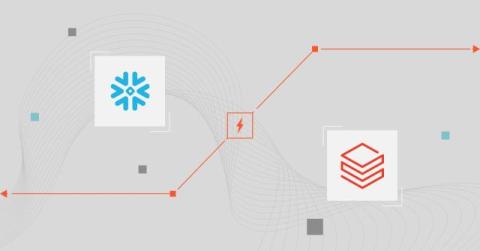How to Increase Customer Satisfaction for Your Small Company or Firm
When you’re running a business that depends on customers, having an excellent service or product is not enough for success. You need to do everything you can to increase customer satisfaction to the maximum level possible. Sure, huge companies can afford to invest in sprawling marketing campaigns and detailed research and development efforts to see what their customers want. But when you’re a smaller company, you need surefire options for making your consumers more satisfied.











